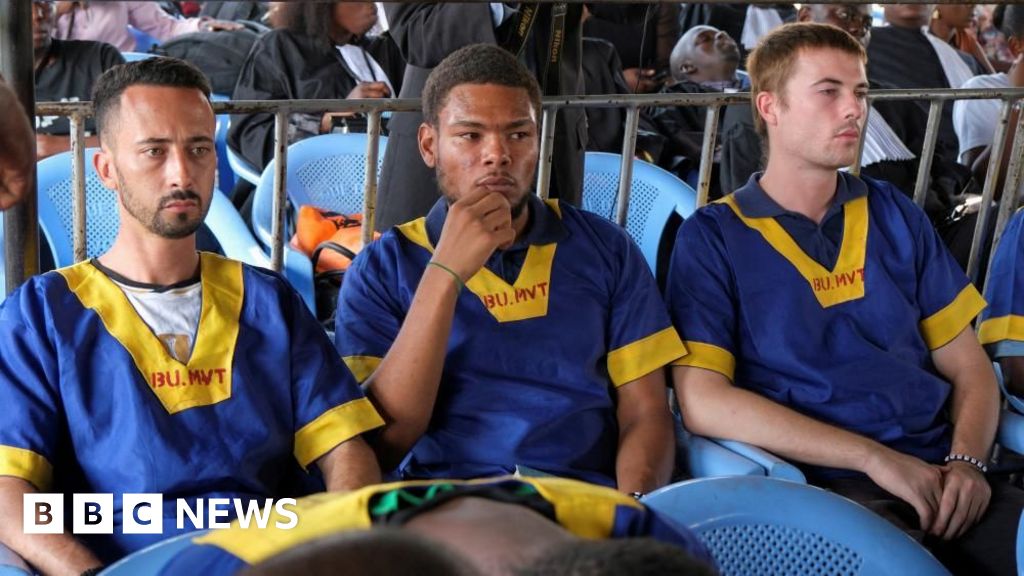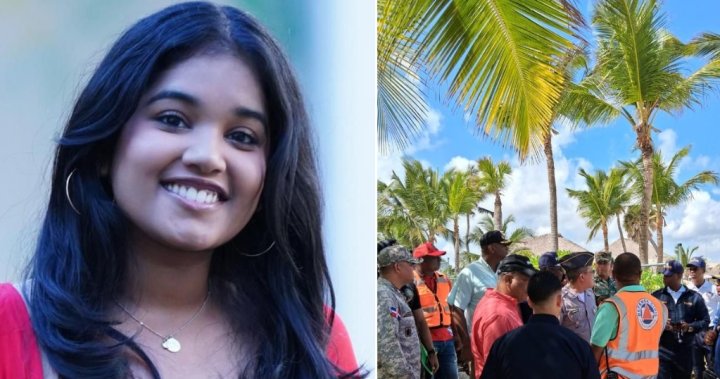Lebanese officials say the attack on Dahiyeh killed at least three people and wounded seven others.
Published On 1 Apr 2025
Israel’s military has bombed the Lebanese capital, Beirut, for the second time in less than a week, killing at least three people and threatening the ceasefire it agreed with Hezbollah four months ago.
The attack on Beirut’s southern suburb of Dahiyeh, early on Tuesday, came without warning and wounded at least seven others, according to the Lebanese Ministry of Health.
Israel’s military said in a statement that it had targeted a Hezbollah member who had been helping the Palestinian group Hamas plan an imminent attacks against Israeli civilians.
It said the air raid was carried out “under the direction of the Shin Bet”, the country’s domestic intelligence agency.
There was no immediate comment from Hezbollah.
Lebanon’s President Joseph Aoun condemned the latest assault, calling it a “dangerous warning” of Israel’s intentions against his country.
“Israel’s persistence in its aggression requires more effort from us in addressing Lebanon’s friends around the world and rallying them in support of our right to full sovereignty over our land,” Aoun said in a statement.
Videos of the aftermath of the bombing showed plumes of smoke rising above Dahiyeh.
They also showed damage to the top three floors of an apartment building and piles of debris covering cars below the structure.
A surveillance camera captured the moment of the Israeli airstrike that targeted a residential building in Dahye, the southern suburb of Beirut. pic.twitter.com/OIopvH7sNf
— Quds News Network (@QudsNen) April 1, 2025
The attack came three days after Israeli forces bombed Beirut for the first time since the ceasefire deal with Hezbollah in November.
That agreement, guaranteed by France and the United States, brought a halt to a yearlong conflict and mandated that Israeli ground troops withdraw from southern Lebanon.
It also called for Hezbollah fighters to withdraw from southern Lebanon beyond the Litani River and the Blue Line, the United Nations designated temporary border with Israel.
Both sides, however, have accused each other of violations.
Israel delayed a promised troop withdrawal in January and has continued to occupy several hilltops in south Lebanon. It has also carried out near-daily attacks on the country, claiming it was striking Hezbollah fighters and weapons.
Its military launched the attack on Beirut on Friday saying the raid was in response to rockets fired from Lebanon.
Hezbollah has denied any involvement in the rocket firings.
Its leader, Sheikh Naim Kassem, also warned on Saturday that if Israel’s attacks on Lebanon continued and if Lebanon’s government does not act to stop them, the group would eventually resort to other alternatives.
Analysts meanwhile blamed Israel’s continued attacks on Lebanon on a lack of action from the US.
Phyllis Bennis, a fellow with the Institute for Policy Studies, told Al Jazeera that the Trump administration has effectively greenlighted Israel’s attacks on Lebanon, as well as in occupied Palestinian territory and Syria.
“There’s no question that the Trump administration has made very clear that they will not criticise Israel. They will not stop sending the weapons that enable it to continue these attacks,” she said from Washington, DC.
“What we’re seeing now is really an extension of the genocidal war that Israel has been waging in Gaza, to Lebanon, where they’re not only carrying out the attacks in the capital, but have expanded the former UN buffer zone,” she said.
Israel has now “unilaterally collapsed the ceasefire” in Lebanon, but both France and the US – the guarantors of the deal – have stood back and let the Israeli assaults continue, without taking any punitive action, she added.
 A damaged building after an Israeli attack in southern Beirut, April 1, 2025 [Ibrahim Amro/AFP]
A damaged building after an Israeli attack in southern Beirut, April 1, 2025 [Ibrahim Amro/AFP]Source
:
Al Jazeera and news agencies

 1 day ago
2
1 day ago
2










 English (US) ·
English (US) ·